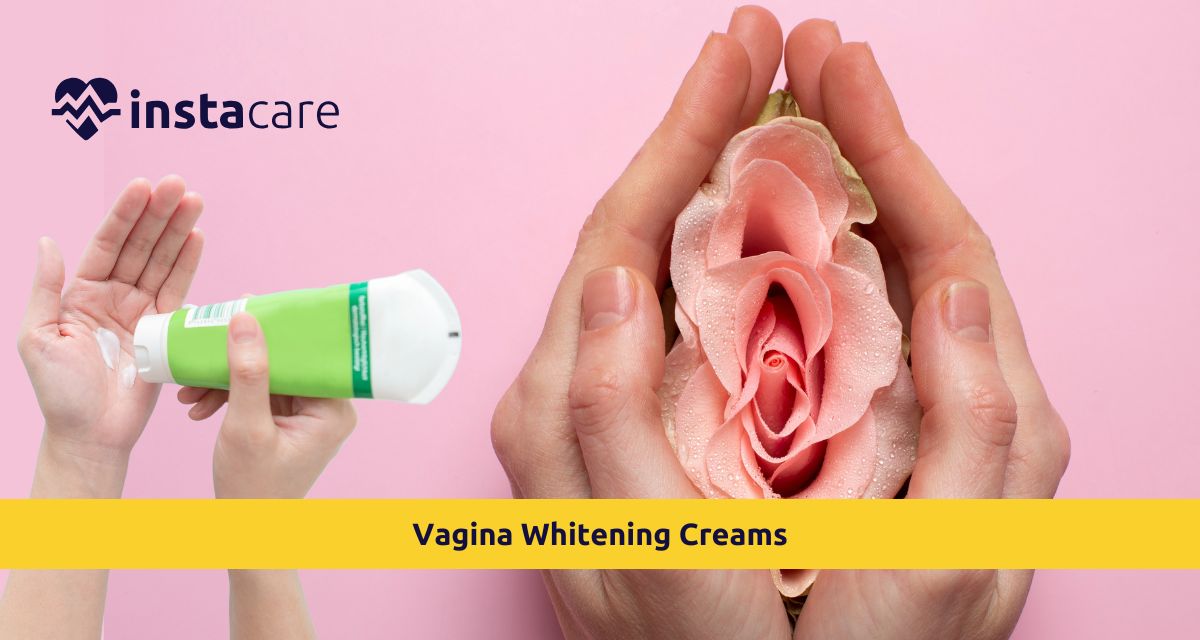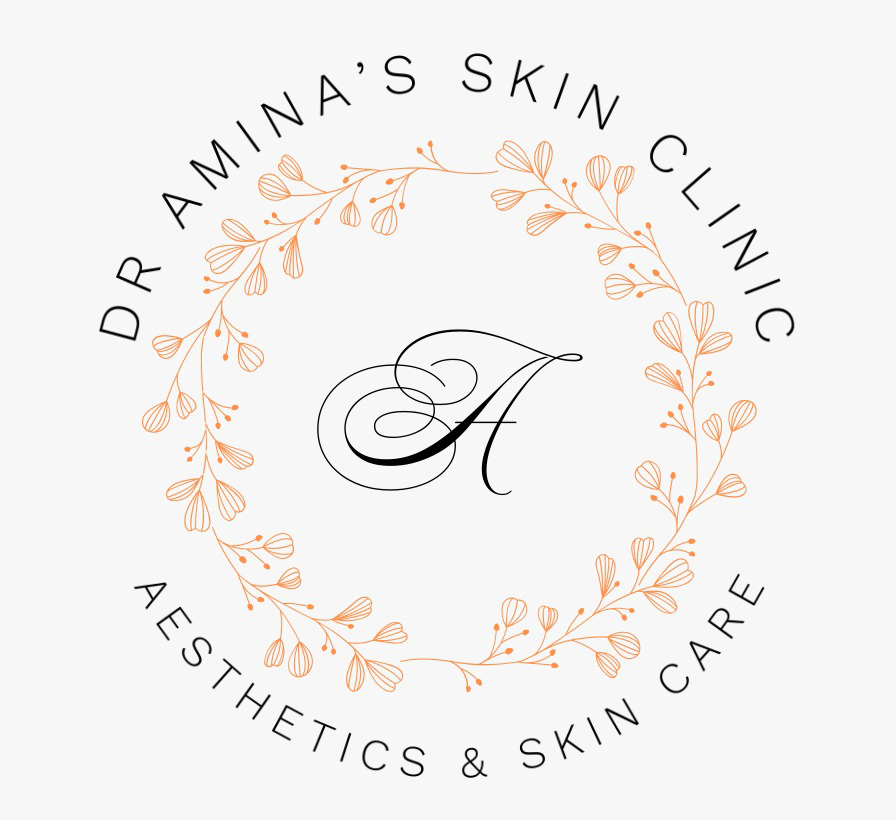There is the whitening of the vagina through creams, saying one can get a lighter appearance of the skin on the intimate parts, an image more "desirable" in society. While the cream does promise benefits, its dangers and potential side effects often outweigh what the individual believes to have been achieved. Here is a review of why one should think again about vagina whitening creams, emphasising the harm caused and providing alternatives.
Why You Should Avoid Using Vagina Whitening Creams: Key Reasons Explained
1. Reasoning The Need For Lighter Skin
But before the risks, it's first essential to understand why
such creams exist in the first place. For decades, lightening or whitening
creams for the skin have been promoted because of societal preferences, which
sometimes tend to be biased toward having a lighter skin color. Personal
insecurity is a big driving force for the need to lighten intimate areas for
most people, mainly because intimate areas are sensitive. However, normal
variation of color on skin exists in the genital region and the increase is
mainly because of hormonal alteration or other reasons due to aging.
2. Poisonous Substances In Vaginal Bleaching Products
Among the many other harmful reasons that can be said behind
vaginal whitening creams are poisonous substances. Mainly such products consist
of hydroquinone, mercury, and steroids which cause destruction in sensitive
regions as most of these chemicals can have very hazardous effects in any case.
- Hydroquinone: This is one of the chemicals used to lighten the skin, causing irritation, redness, and allergic reactions. Ochronosis, a blue-black pigmentation of the skin, results from continued use of this chemical.
- Mercury: Although toxic, mercury was banned in most countries. However, it still finds its way into most lightening creams. Once absorbed, the chemical will start damaging the nervous system, kidneys, and even the skin itself.
- Steroids: They are effective in the short term for reducing inflammation and pigmentation, but their long-term use makes the skin thin, prone to infections, and permanently damages the skin.
View More: Does Cinnamon Tighten The Vagina
3. Risk Of Irritation And Allergic Reactions
The skin at the vaginal area is a very sensitive area. A
harsh chemical applied in such a place can easily result in irritation, rashes,
and even severe allergies. Many whitening creams are not designed for such a
sensitive area, therefore, the formulation may not be friendly to the vaginal
area and may cause quite a bit of pain due to such symptoms and inconvenience.
Common reactions include redness and swelling, itchiness and
burning sensations in the affected area, as well as peeling and dryness of the
skin. Even if labelled as "natural, " the creams can cause
sensitivity or irritation in that place due to the fact that these areas of the
body tend to be far more sensitive than other body parts.
4. Endocrine Disruptors
Brightening cream fixings that are classified as endocrine
disruptors incorporate parabens and phthalates. These synthetic substances can
disturb chemical levels in the body. Because of the outrageous receptiveness of
the vaginal region, these synthetics are ingested into the circulation system
and could, consequently, obstruct hormonal equilibrium. Medical issues
connected with endocrine disturbance incorporate the accompanying:
- Reproductive health issues
- Irregular menstruation
- Increased chance of particular cancers
The long-term effect of the use of these chemicals in the
area of the reproductive organ is not known, but that should be enough to warn
someone.
5. Thinning Of The Skin And Risk For Infections
Overexposure to vagina whitening creams, especially
steroid-enriched ones, will cause thinning of the skin. Thin skin tears easily
and is also very susceptible to injuries. Consequently, the risk of acquiring
infections through bacteria invading into the system is more increased.
- Fungal Infection: The skin easily ends up losing its
acid-balancing pH and then may end up inviting all yeasts.
- Bacterial infections: The poor thin nature of the skin barrier acts as a highway or easier way for the bacterias to penetrate through thereby leaving the patient in acute severe pain and infection at other times.
Sensitive feelings, thinner skin on parts; the intimate
areas will often call for discomforts when handling several everyday
activities.
6. Temporary Results And Potential Possibility Of Skin Darkening
Whitening creams lighten the skin only for some time and
then regain their original color once use is discontinued. In extreme cases, it
may cause post-inflammatory hyperpigmentation wherein the color may become darker
than its natural tone. This occurs mainly in darker skin as an overproduction
of melanin irritates, causes uneven skin tones, and scars.
7. Psychological Impact On Self-Image And Mental Health
There might also be psychological implications arising from
whitening creams, which include self-esteem due to use on the vagina. Most of
the people carry out skin whitening in the genital area out of the unachievable
beauty standards that contribute to dissatisfaction and low feeling toward the
body. The scenario is quite common when more people end up spending most of
their time and resources and energy with the use of these products yet cannot
have an overall sensible feel about oneself.
8. Safe Alternatives To Skin Whitening Creams
Instead of relying on potentially hazardous creams,
there are safer, healthier alternatives for attaining a more comfortable and
confident self-image.
- Gently exfoliates - small quantities of natural exfoliants
like oatmeal or sugar scrubs can remove dead cells and thus balance the tone.
- Moisturising is just hydrating the area by using gentle,
fragrance-free moisturizers, which tends to improve the texture and tone of the
skin.
- Laser Treatment: If the area has to be lightened, then laser
treatments provided by a professional dermatologist are safer alternatives.
Laser treatments work on the basis of targeting melanin in the skin without
causing irritation.
- Embracing natural body change is the most empowering. Being informed that changes in skin tones are normal makes this burden shift the pressure of changing or altering one's appearance to a more positive place.
9. Consultation With A Dermatologist
This usually involves consulting a dermatologist before
applying any whitening agent on sensitive areas; you will then be advised on
safer alternatives tailored for your skin, which would include gentle
pigmentation without aggressive chemicals. A dermatologist can also identify
your skin condition that makes you develop changes in skin pigmentation and
treat that condition.
10. Psychological Impact Of Whitening Products And Beauty Standards
The drive for utilizing vagina brightening creams frequently
attaches back to cultural magnificence principles that admire lighter
complexions. Publicizing, social impacts, and media depictions can make
weaknesses in normal complexions, particularly in personal regions. This
strain to adjust can make enduring mental impacts, causing individuals to feel
insufficient or hesitant.
Negative mental effects of utilizing these items include:
- Expanded uneasiness over appearance
- Brought down fearlessness in close connections
- A pattern of reliance on brightening items to feel "acceptable"
Embracing body inspiration and normalising assorted
complexions can assist with neutralising these sentiments. Testing cultural
magnificence principles and zeroing in on self-acknowledgment can eventually
prompt a better, more certain self-perception.
Conclusion
Accepting Myself Instead of Bleaching The primary reason for
vagina whitening creams is that people have been misguided by the beauty
standards into believing that fairness is beauty. Most such creams pose severe
health hazards because they are applied on sensitive areas of the body. The
ingredients, side effects, and long-term health risks are too great to make
such creams a bad choice for intimate skin care. Safer alternatives should be
researched, consulted with a professional, and tried to be worked upon for
self-acceptance.
Please book an appointment with the Best Dermatologist in Lahore, Karachi, Islamabad, and all major cities of Pakistan through InstaCare, or call our helpline at 03171777509 to find a verified doctor for your disease.











